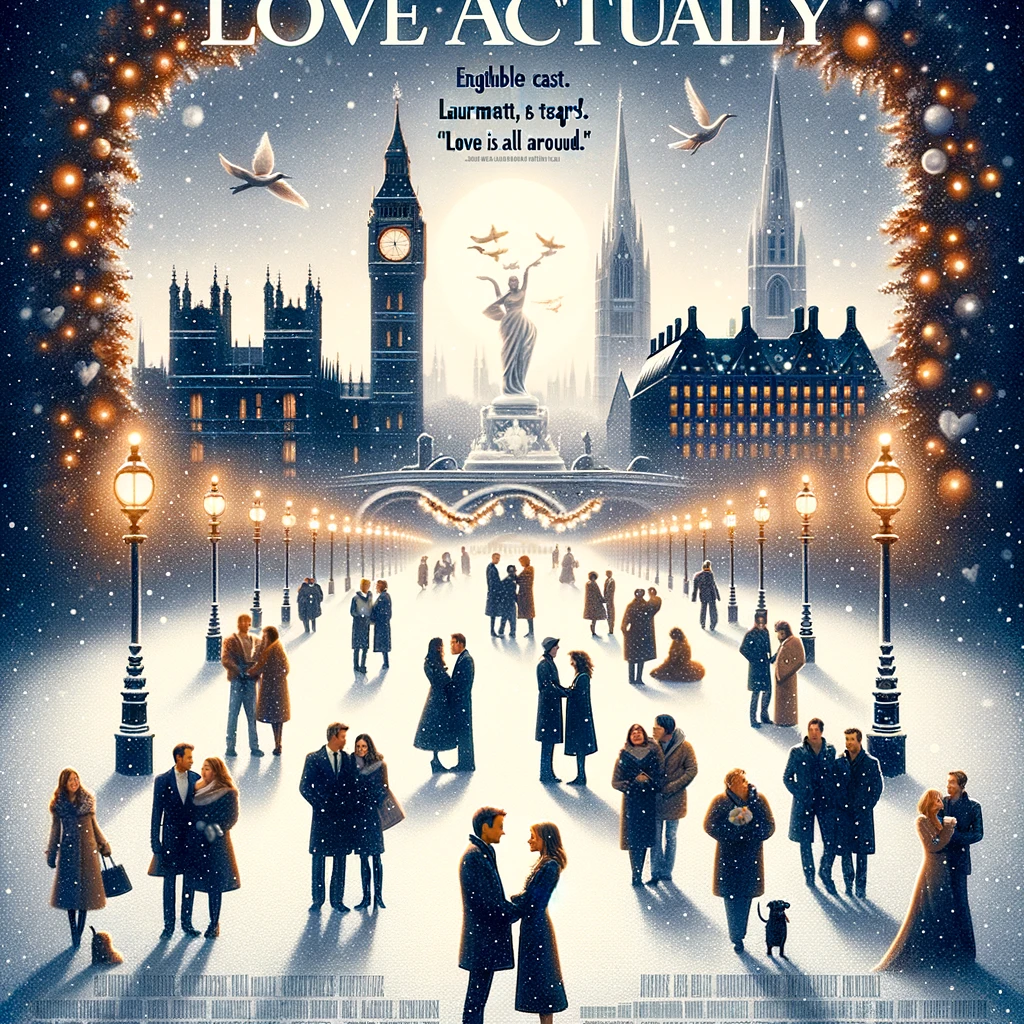Here’s a nice house I saw while walking the dog.


Here’s a nice house I saw while walking the dog.


Russia plans to put a nuclear reactor on the Moon – with China’s help https://www.theregister.com/2024/03/06/russia_nuclear_reactor_moon/
Medieval historian Dr Eleanor Janega hilariously and informatively refutes a Twitter troll’s bonehead claims about women’s sexuality in history. going-medieval.com/2024/03/0…
I asked ChatGPT to generate illustrations for a few books, TV shows and movies, including “The Long Way to a Small Angry Planet,” “MAS*H,” “Die Hard,” and more. Here’s what ChatGPT came up with.
Hours before the deadline, I just pledged to back the Kickstarter for Tapestry from Iconfactory. I said I wasn’t going to do it, but then I figured why not. It looks like a very appealing and intriguing project, if it comes to fruition.
Here’s something I saw while walking the dog.

Millions of people — including me — were locked out of Facebook, Threads and Instagram this morning due to a password-reset glitch. (The Register).
Until reading this article, I thought I might have been banned for good. I wasn’t sure if I was upset about that or happy.
Cory Doctorow at Pluralistic: “You can’t shop your way out of a monopoly. Any election where you vote with your wallet will be won by the people with the thickest wallets.”
Trusting one company to “organize the world’s information and make it universally accessible and useful,” was a failure.
Anthropic’s Claude 3 gave a response that made it appear as if it knew when researchers were testing it (VentureBeat).
There. I fixed the headline.
Benj Edwards at Ars Technica analyzes Anthropic’s announcement of the latest version of its Claude AI, which for the first time beats GPT-4 on benchmarks and demonstrates “near-human” capabilities in some areas (or so Anthropic says).
Benchmarks don’t necessarily show how effective the tool is, Edwards notes.
Also:
It’s probably true that Opus is “near-human” on some specific benchmarks, but that doesn’t mean that Opus is a general intelligence like a human (consider that pocket calculators are superhuman at math).
Google and XPRIZE launch $5m prize to find actual uses for quantum computers. This seems like something that Google (and IBM) should have been thinking about before spending truckloads of money developing quantum computers.
I updated the DNS for mitchwagner.com to point to a static page on micro.blog and now I feel like supernerd.

I used Google to find a PDF of the movie “Love, Actually.” I fed the URL to ChatGPT and told it to create a poster. It said it can’t access documents on the Internet—even though it had done so a few minutes earlier. I uploaded the PDF and tried again. It gave me a text description of the poster. I told it to create the poster and it did.
Lazy robot!

I used Google to find a PDF of the screenplay of “Die Hard.” I fed the URL to ChatGPT, with the prompt, “Here’s the screenplay for a movie titled ‘Die Hard.’ Create a poster for this movie.”

I asked ChatGPT to create a poster to promote the TV show “M*A*S*H.”

“Daddy, why doesn’t Trump ever go to church?" Doonesbury’s still got it.
City leaders in Escondido reject “Housing First” policies for homelessness because they say homeless people need addiction and mental health treatments first.
“Homelessness is a complex problem that requires complex solutions,” San Diego County Supervisor Jim Desmond said.
I’m skeptical. Are most homeless people mentally ill? Or is the problem caused by housing being too expensive and scarce?
And even if many mentally ill people are addicted and/or mentally ill, to what extent is homelessness driving that problem? Living on the streets could drive anybody nuts, and make them turn to alcohol and drugs to get through their lives. And it seems ridiculous to ask someone to get sober and sane while they’re living on the streets.
Rogue Editors Started a Competing Wikipedia That’s Only About Roads. A fight over Wikipedia’s rules on notable subjects and primary sources led to a schism. (Thomas Germain / Gizmodo)
Inside me are two wolves.
One wants only the finest coffee, ground just before brewing from the finest beans roasted delicately within the past two weeks from a local microroaster.
The other wolf will drink anything that’s brown and hot and has caffeine.
Dave Winer used ChatGPT to illustrate a few of his favorite songs. I tried it with books.